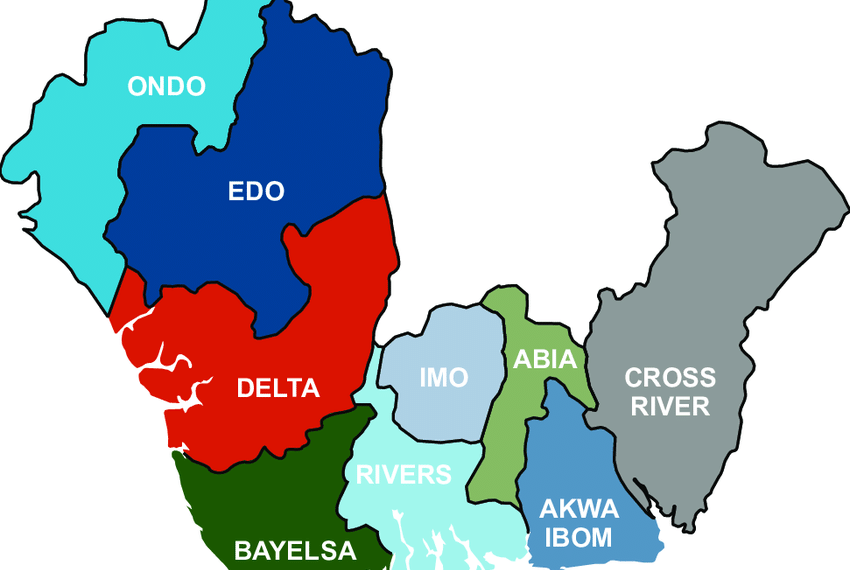The Niger Delta region has long been plagued by violent conflicts, often triggered by a combination of environmental, political, and social issues. One of the critical challenges in this context is the delayed reporting of emerging conflicts.
Early warning signs—such as escalating tensions between communities, signs of criminal activity, or disputes over resources—are often not communicated in time to the right authorities or groups who could take timely action to prevent further escalation. This failure to act early can result in the intensification of violence, the breakdown of social cohesion, and a deepening of local grievances.
Addressing this challenge is vital, and organizations like Search for Common Ground (SFCG) are taking crucial steps to establish a system that can better manage these tensions before they turn violent. By introducing structured, community-based approaches to conflict prevention, SFCG aims to build a culture of early intervention that empowers local communities to take action when necessary, ultimately leading to more peaceful and resilient environments.
In line with its mission to transform conflict and criminality in the Niger Delta, SFCG organized an ‘Early Warning and Early Response Training for State Peace Architecture (SPA) Platform’ in Port Harcourt, Rivers State. The two-day training, which brought together security operators, community leaders, and professionals from key institutions and ministries, focused on the importance of early reporting and prompt action.
The event emphasized that the effectiveness of early response efforts depends heavily on the quality and timeliness of the early warning information received. A well-timed and accurate report allows stakeholders to act before tensions escalate, preventing violence and mitigating potential conflict.
The training was funded by the European Union and implemented by SFCG in collaboration with the Foundation for Partnership Initiatives for Peace in the Niger Delta (PIND) and the Stakeholders Democracy Network (SDN).
Small, manageable issues often grow into larger conflicts, affecting the broader community and creating a vicious cycle of instability. These unresolved conflicts can perpetuate criminality and undermine peace efforts, making it harder to foster a sustainable resolution.
The lack of effective communication channels and the absence of a proactive, coordinated response to early warning signals have historically exacerbated tensions in the Niger Delta. Without a clear structure for reporting and responding to these early signs, communities are left vulnerable to escalating violence.
In this light, the event showcased PIND’s innovative Incident Reporting System, a mobile-based platform to facilitate incident reporting through SMS. This platform ensures that reports are quickly received and processed efficiently. It can even complete incomplete messages and protect the sender’s identity, providing a safe and seamless way for people to report issues without fear of retaliation.





